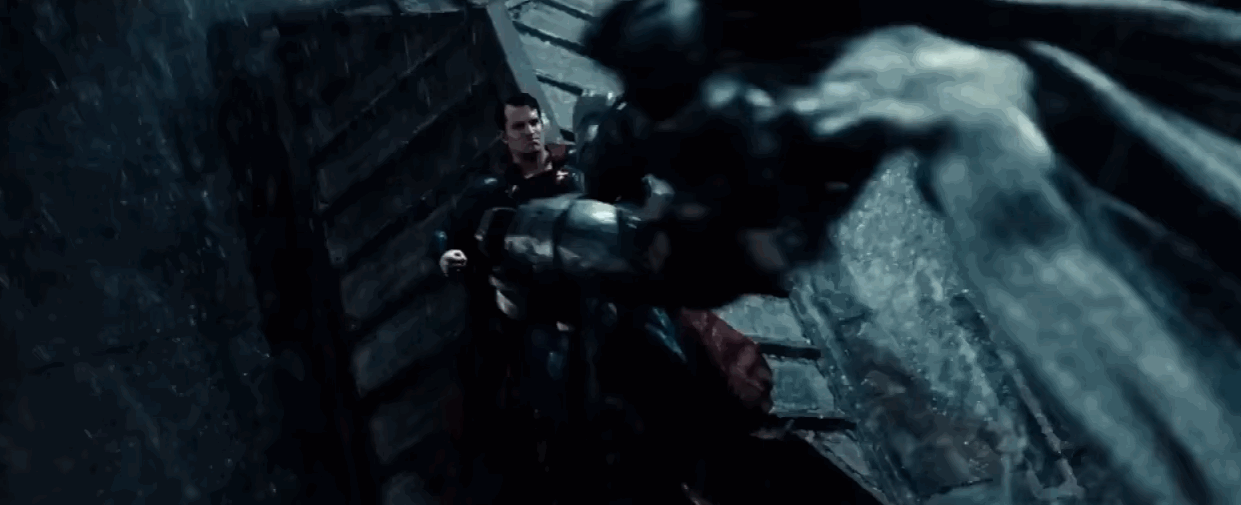 This is a recurring segment, with a recently-updated title, "Simple Answers," where I gather the questions I come across on the internet in a given week, and provide a straightforward answer.
This is a recurring segment, with a recently-updated title, "Simple Answers," where I gather the questions I come across on the internet in a given week, and provide a straightforward answer.
This week's question again addresses the summer movie glut. It's all franchises. There are almost no original stories anymore, except maybe the sensational Pacific Rim, which is fast becoming a faded memory.
You may wonder why the movie market has come to rest in this weird, unoriginal landscape. The answer is simple:
Increased competition and entertainment formats has created a conservative, broad movie market
Let's start with a little exercise.
How did you spend your weekend? How many different media formats did you engage?
Here are mine, off the top of my head:
- Netflix
- PlayStation 4
- Spotify
- YouTube
- Hulu
- Amazon Instant Video
- Audible
- AM2R (a fan-made recreation of Metroid 2, released for free online)
None of these things could be conceived of in the 1980s. Within each of those formats is unique content. Thirty years ago, the only way to get unique content was to go to the movies and see Flight of Navigator, thirty years old this month, thirty years old this month.
Nowadays, these entertainment fonts are all competition for wide-release movies.
What does this have to do with the original films though?
It means movies need to be powerful mindshare-magnets. They require huge production time and they only get one shot at creating a large enough pull to tear the audience away from the immediate entertainment in their pockets, piped straight into their homes. Everyone who could potentially show up NEEDS to show up for a movie to find success. Movies are risky ventures in an unforgiving battlefield.
With that in mind, movie-makers need to create a broad enough offering to capitalize on this one chance to put butts in seats. Familiarity is the greatest currency to traffic: no need, and no time, for an explanation.
You didn't know who Gipsy Danger was.
One film triumphed at the box office. An entire continuous, shared universe was built around it.
The other, dramatically more interesting, ORIGINAL film struggled to turn a profit. Nobody knows anything. Nobody knows what to bet on.

The fact remains that the demographics with disposable time and cash that would formerly show up twelve times to see Jurassic Park now have an endless well of unique entertainment at home. Hollywood movies must now position itself as counter-programming to the entire internet.
When the internet creates infinite hyper-focused content zeroed in on a smaller audience, the Hollywood must go the other way and create the widest possible content. Hollywood must make it so big it cannot be mistaken for a Netflix show. They make it so branded that it cannot be confused with anything but the next chapter of a universal gospel.
To clarify the original question, Hollywood does make original movies. It simply will not provide a small fortune to fund them. This means the movies that catch the buzz and most-word-of-mouth online, big-budget action blow-ups whose premise can be understood with a well-tuned audio/visual trailer, will rarely be both original and mega-funded.
You'll still see smaller action films like John Wick or Dredd. You can still phenomenal thrillers made abroad like The Raid. But Warner Bros. is not betting its entire summer revenue on them though.
With all the competition and the few chances to attract a movie-going audience with a unique experience, movie studios take the lesser gamble and shy from pre-existing brands.

